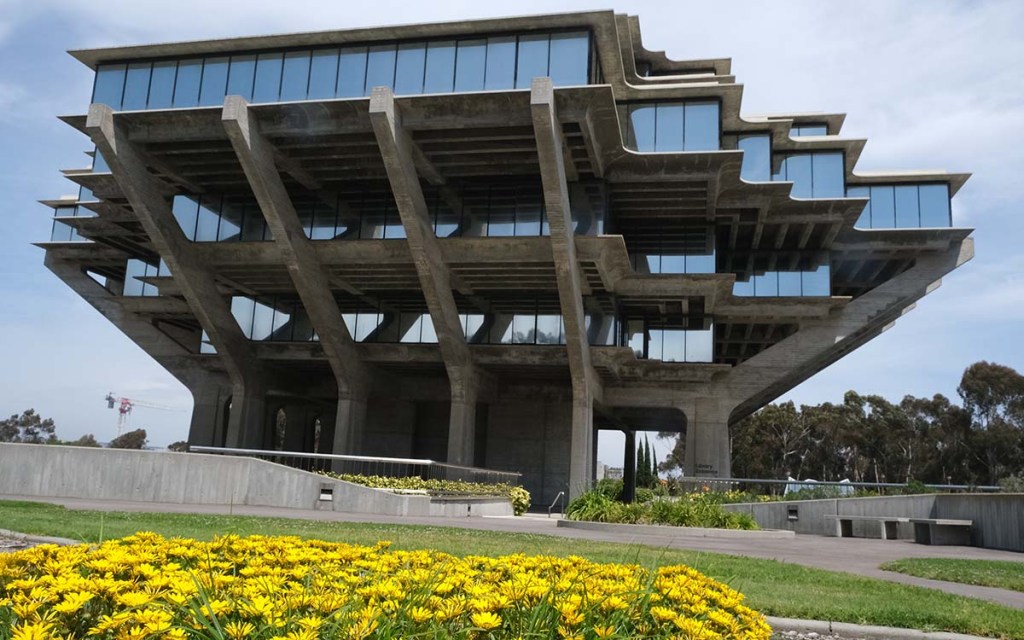

The founder of the Ethereum blockchain network has donated $15 million to UC San Diego for open-source research into airborne pathogens and pollution, the university announced Tuesday.
The gift from Vitalik Buterin through his Balvi Filantropic Fund establishes the Meta-Institute for Airborne Disease in a Changing Climate.
“Over the last several years, it has become abundantly apparent that we need more open-source scientific research to better understand airborne pathogens and pollutants and how they affect us,” said Buterin, a Canadian-educated programmer who emigrated to the West from Russia.
“I am pleased to support the creation of this new institute at UC San Diego, which will work to grow our scientific knowledge about airborne disease and share it freely, enabling changes to infrastructure and policy that benefit people around the globe,” he said.
The gift was made in USD Coin, a cryptocurrency pegged to the U.S. dollar.
Buterin’s donation is one of the largest cryptocurrency gifts made to a U.S. university. The gift was exchanged into dollars through Engiven, a San Diego-based provider of cryptocurrency donation services to nonprofits.
The new institute will represent a cross-campus collaboration, using expertise in varied fields to better understand aerosolized pathogens and their impact, which could include health issues such as allergies, asthma and systemic diseases spread by aerosol transmission, such as COVID-19.
“At UC San Diego, we translate discoveries into solutions,” said Chancellor Pradeep K. Khosla. “This generous, visionary gift will empower our world-class scientists and researchers to conduct collaborative, interdisciplinary studies of airborne diseases and pollutants with the potential to drive new discoveries to improve human health — all for the greater good.”
The Balvi Filantropic Fund’s mission, influenced by Buterin’s experience in the open-source software world, includes making scientific knowledge more widely available to the world without barriers to accessing and using it.
In support of this, the new institute will publish research supported by Balvi’s donation in open-access journals, and make reports and other data available online to the public. Additionally, intellectual property related to research equipment and instrumentation developed with Balvi funds will be placed into the public domain.
“Our goal in establishing the Meta-Institute for Airborne Disease in a Changing Climate is to create a multi-disciplinary center dedicated to open-source science, to further expand our understanding of airborne pathogens and pollution,” said Buterin. “We are optimistic that bringing together top researchers from across disciplines will lead to positive global impact, both for solving the present COVID pandemic and in other areas.”
